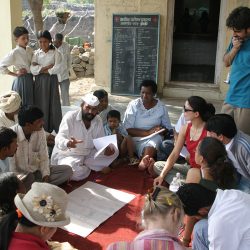Visited 1 times, 1 visit(s) today
Last modified: October 11, 2023

Contact
400 Road Less Traveled
Franklin, WV. 26807
United States
Call (304)358-2000
Email: info@future.org

 KABADEGE MELENE, CLASS OF 2007
KABADEGE MELENE, CLASS OF 2007

